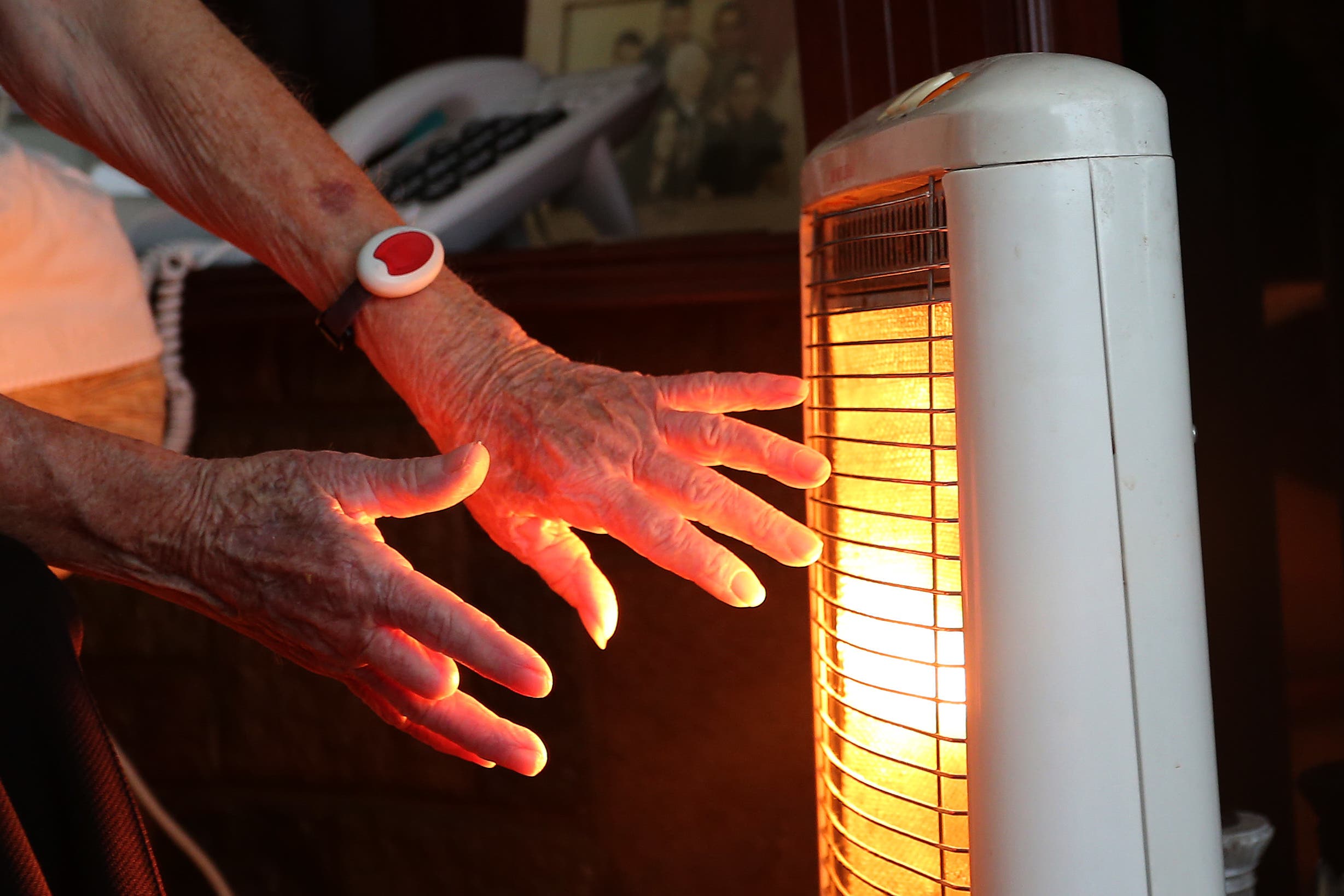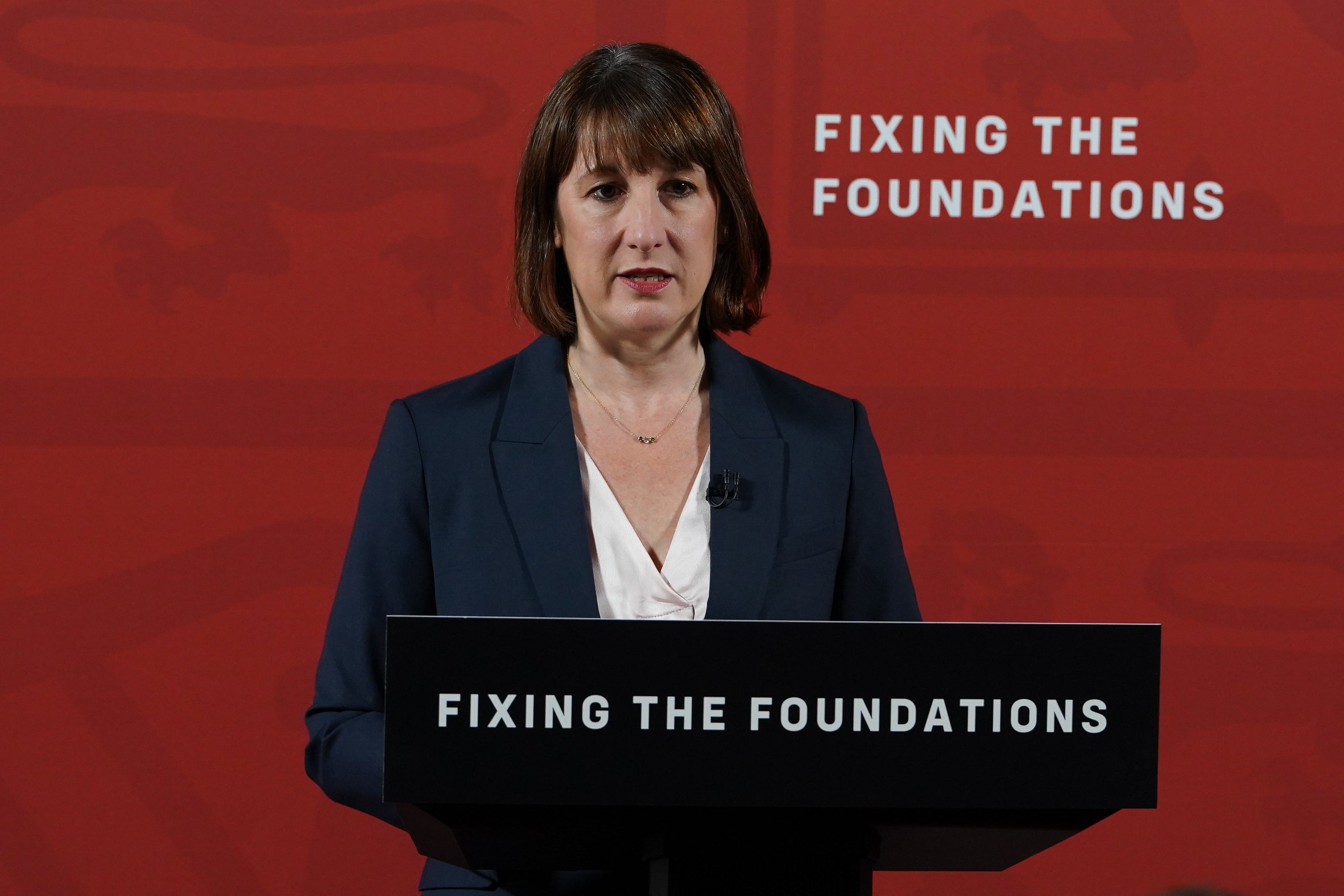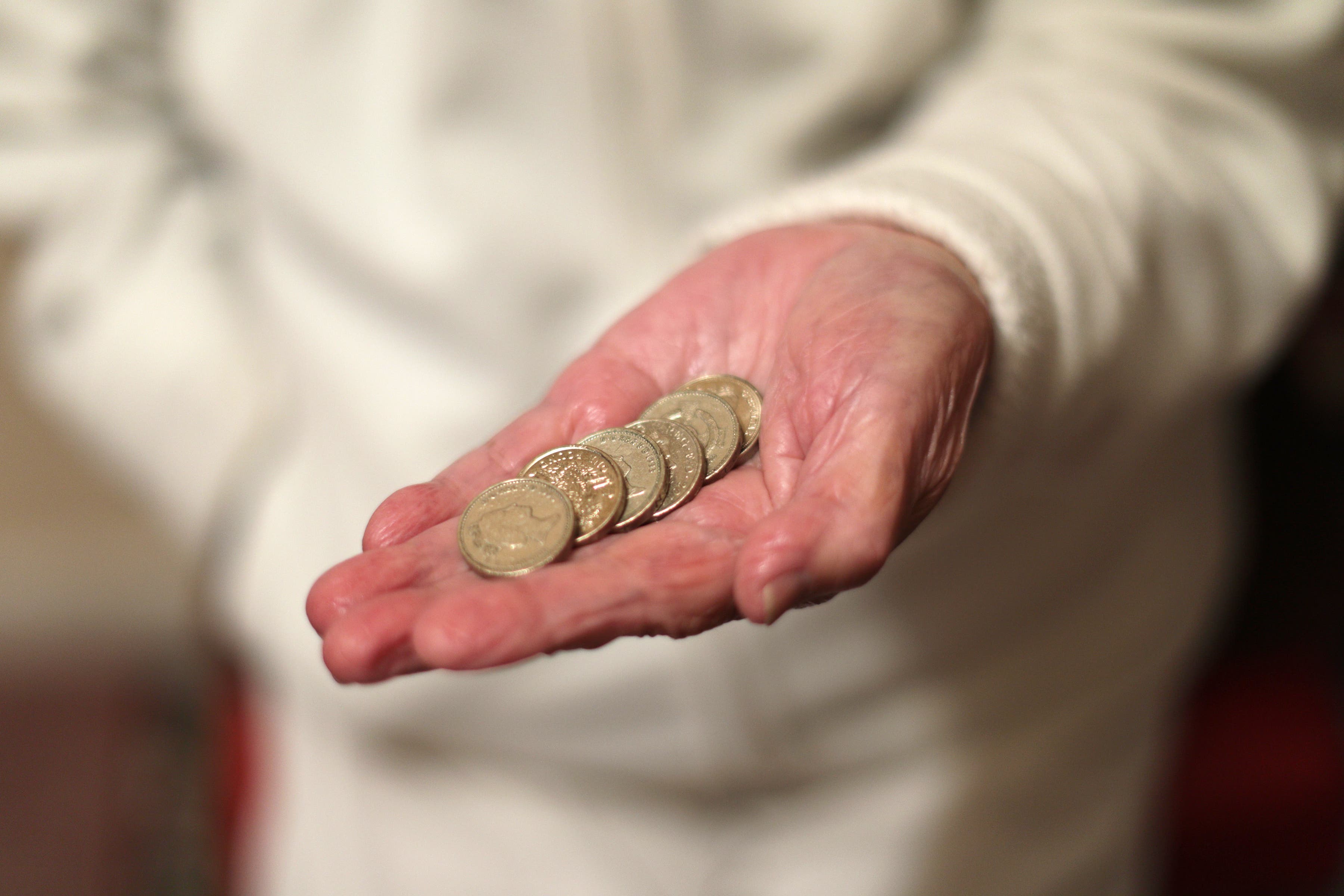Pensioners across the country are facing a bleak winter, as Ofgem increased its price cap meaning average household bills could rise by £149 from October.
For the older generation, this financial blow follows Rachel Reeves’ decision to means test the winter fuel payment for pensioners in order to tackle a £22bn “black hole” in this year’s budget.
The loss of this payment, worth between £100 and £300, means that a number of society’s most vulnerable are facing the prospect of choosing between food and heating.
Philip Mulholland, from Mansfield, is dependent on keeping his council bungalow well-heated due to his Raynaud’s and systemic scleroderma, which saw him rushed to A&E six times last winter.

As a result of his condition, which sees him suffer from stiffness and arthritic pain, as well as lung infections, the 73-year-old is required to keep his home at 21 to 22 degrees celsius.
“It means I’m going to be paying a bit more in fuel but unfortunately I can’t do without that fuel. It’s one of those things that I have no choice but to keep warm,” he tells The Independent.
“With the winter fuel payments, I was able to keep the heating on constantly so I could control it at that temperature. I live in an old bungalow and some of the rooms are poorly insulated, so when the heating is off overnight, it can drop down to 14 degrees.
“The first instance is my hands and feet don’t work as they should do, so I’ve got to be very careful in picking up a boiling kettle, for instance. I then get arthritic pain in my chest that feels like a heart attack.”
Mr Mulholland, an electrician his whole life, only has a small pension but will no longer be eligible under the new government scheme for the winter payments.

“A bad winter would finish me off if I don’t keep warm enough,” he says. “I benefited hugely from the winter fuel payments in the past and to hear that they are being scrapped and there will be a price cap increase may force me to go into debt as I am so reliant on keeping my home warm day and night.”
Around 10 million pensioners are set to lose out on their payments, with Labour intending to restrict the benefit to only those receiving pension credit.
Caroline Abrahams, charity director at Age UK, said restricting the winter fuel payment to those on pension credit was “reckless and wrong” and “spells disaster for pensioners on low and modest incomes”.
Pauline, who lives in South West Scotland and had been reliant on the payments, says: “Myself and my husband are both disabled, I have poor circulation and cannot tolerate the cold even at 18 degrees.
“My husband is recovering from cancer, he also has chronic obstructive pulmonary disease (COPD) and emphysema. We live in a hard-to-heat flat and in winter we spend £100+ a month on gas alone.
“Due to my husband serving in the armed forces he receives a modest pension after 19 years of service. He also was a volunteer coastguard for 12 years, why are we being punished after almost 100 years of working between us?”

One 70-year-old woman pleaded for the government to halt their plans to stop the winter fuel payments, as she is forced to keep working to pay her bills.
Dorothy, who lives in North Yorkshire, says: “There must be many like me. I’m 70 still needing to work and I earn £18,000. I have savings for when I can’t work any more but it means I can’t get help. I live in a draughty Victorian terrace.”
Both the Conservatives and the Greens have also called for winter fuel payments to be made available to all pensioners this winter following Ofgem’s announcement.
Means testing the winter fuel payment is expected to save the government £1.4 billion this year, which Labour said was necessary to make up the gap between the previous government’s spending plans and the money that was made available to fund them.
Labour has also criticised the previous government for failing to invest in energy efficiency and renewable power.
Warm This Winter spokesperson Fiona Waters says: “This price hike is yet another blow to the 6.5 million in fuel poverty who, like every other bill payer in the UK, are still forking out 65 per cent more than they did for their energy than at the start of the crisis.
“Meanwhile, energy companies have been profiteering, making more than £470 billion since 2020. That shows there is money in the system but that is going to energy bosses and their shareholders when it needs to go to ordinary people.
“Today just highlights the government’s policies on renewables and energy efficiency are needed to mend this broken system but we also need help now to get everyone of all ages through the winter ahead.”

